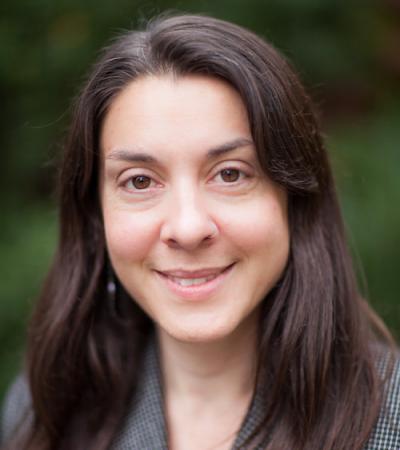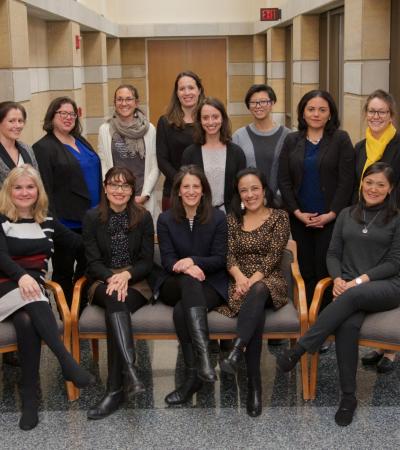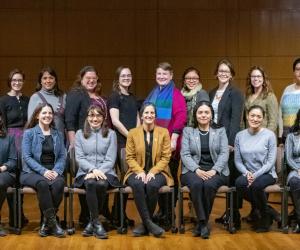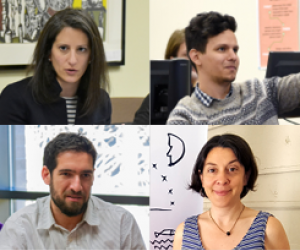Leslie MacColman (sociology & peace studies) is a PhD candidate and a graduate affiliate of the Kellogg Institute for International Studies. Her research is concerned with state-building, local governance, institutional change, and violence in Latin America.
Leslie's Master's thesis examined the association between civic participation and fear of crime in low-income, gang-affected neighborhoods in Honduras. She also spent several months in Honduras, doing independent research and providing technical assistance to a state-led violence-prevention project as a USAID-Notre Dame Global Development Fellow.
Leslie's dissertation research examines the effects of organizational reform on police practices in Buenos Aires, Argentina, with an eye for precinct-level variation. Her mixed-methods study draws inspiration from literature on culture, organizational change, and neighborhood effects, classic sociological studies of police, and insights about the topology of organized crime in contemporary Latin American cities. Leslie is currently carrying out fieldwork on a Fulbright-Hays Doctoral Dissertation Research Abroad Fellowship.
Prior to joining the Notre Dame community, Leslie worked for various rights-based NGO's and as an international development consultant, accruing experience in Argentina, Panama, Mozambique, and Sierra Leone. She earned a BA in Anthropology and Spanish from the University of Montana - Missoula, an MA in International Relations, Peace and Conflict Studies from the Universidad del Salvador, where she was a Rotary Peace Fellow, and a graduate certificate in NGO management from the Universidad de San Andrés.
My dissertation examines how reform efforts impact police practices in Buenos Aires’ 54 police precincts. Drawing on empirical studies of police and police reform and insights from organizational and cultural sociology, I ask: How do legal and structural reforms at the level of the city impact precinct-level operations? How do these changes vary based on the organizational cultures of specific police stations and the neighborhoods they are tasked with patrolling? Under what conditions can reforms successfully “recouple” the policies and practices of police, thereby reducing gross misconduct? I respond to these questions using a mixed-methods design – quantitatively coding key attributes of the city’s 54 police precincts and the neighborhoods in which they operate and qualitatively documenting change, via interviews and ethnographic observation. This research will advance scholarly understanding police reform processes, a chronically neglected topic which is critical, given the changing conditions of urban policing in Latin America.









